The Google Pixel 7 was announced early to prepare us for heartbreak
Five months to get bored with Pixel 7
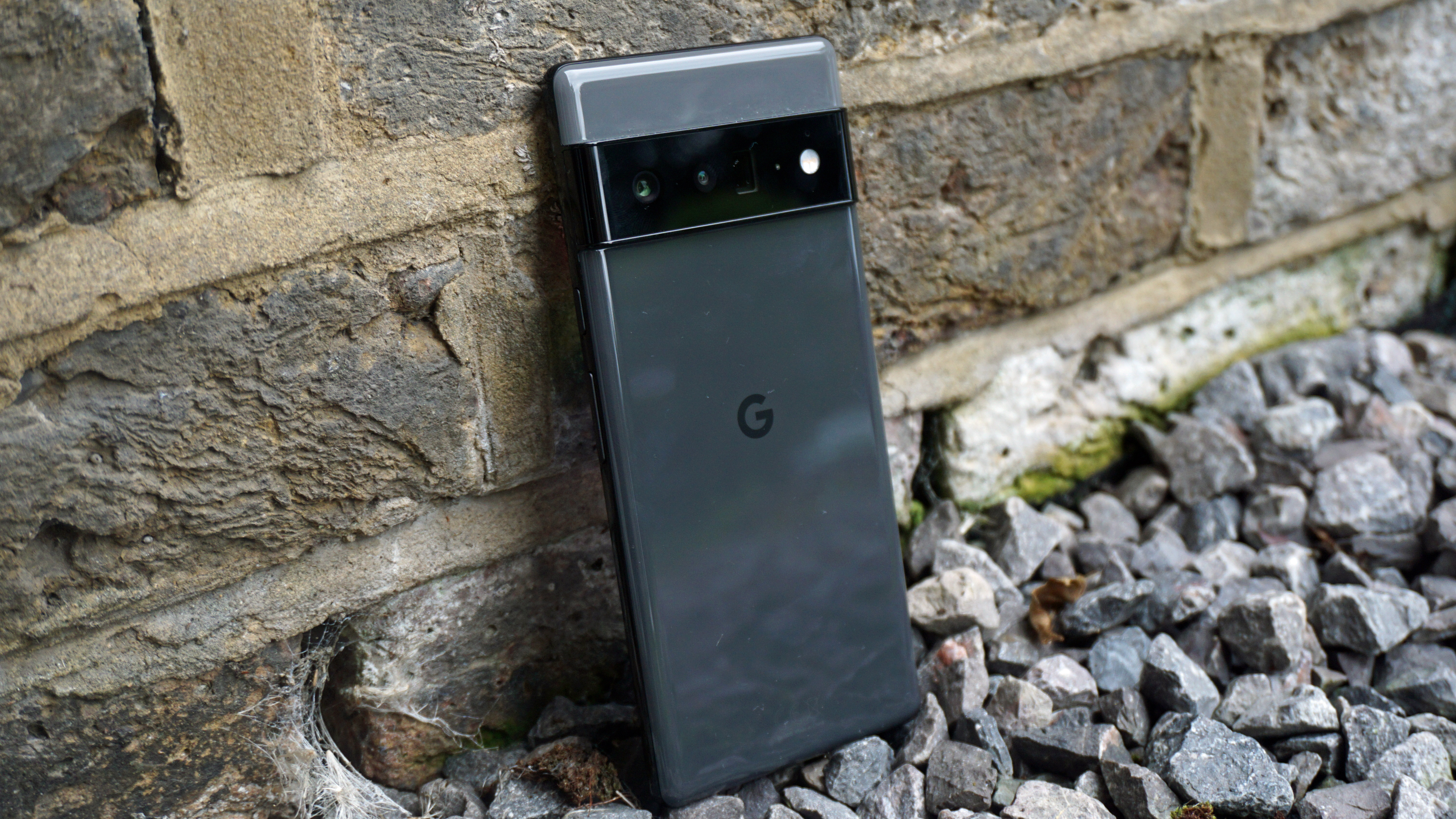
When we learned about the Google Pixel 7 and Pixel 7 Pro this past May at the Google I/O event, we were somewhat shocked. Not because the phones were so amazing, or because we weren’t expecting Google to eventually launch a Pixel 7 family.
We were shocked because Google had just broken one of the cardinal rules of sales, especially computer sales. You don’t announce your next big thing while you want people to buy your current big thing.
Back in 1983, Adam Osborne of Osborne Computer announced his company’s next line of personal computers, while the current Osborn 1 computer was just starting to grow in sales.
Immediately, buyers were no longer interested in a computer they knew would be replaced imminently. The company failed before it could even bring the next machines to market, and the Osborne Effect was born.
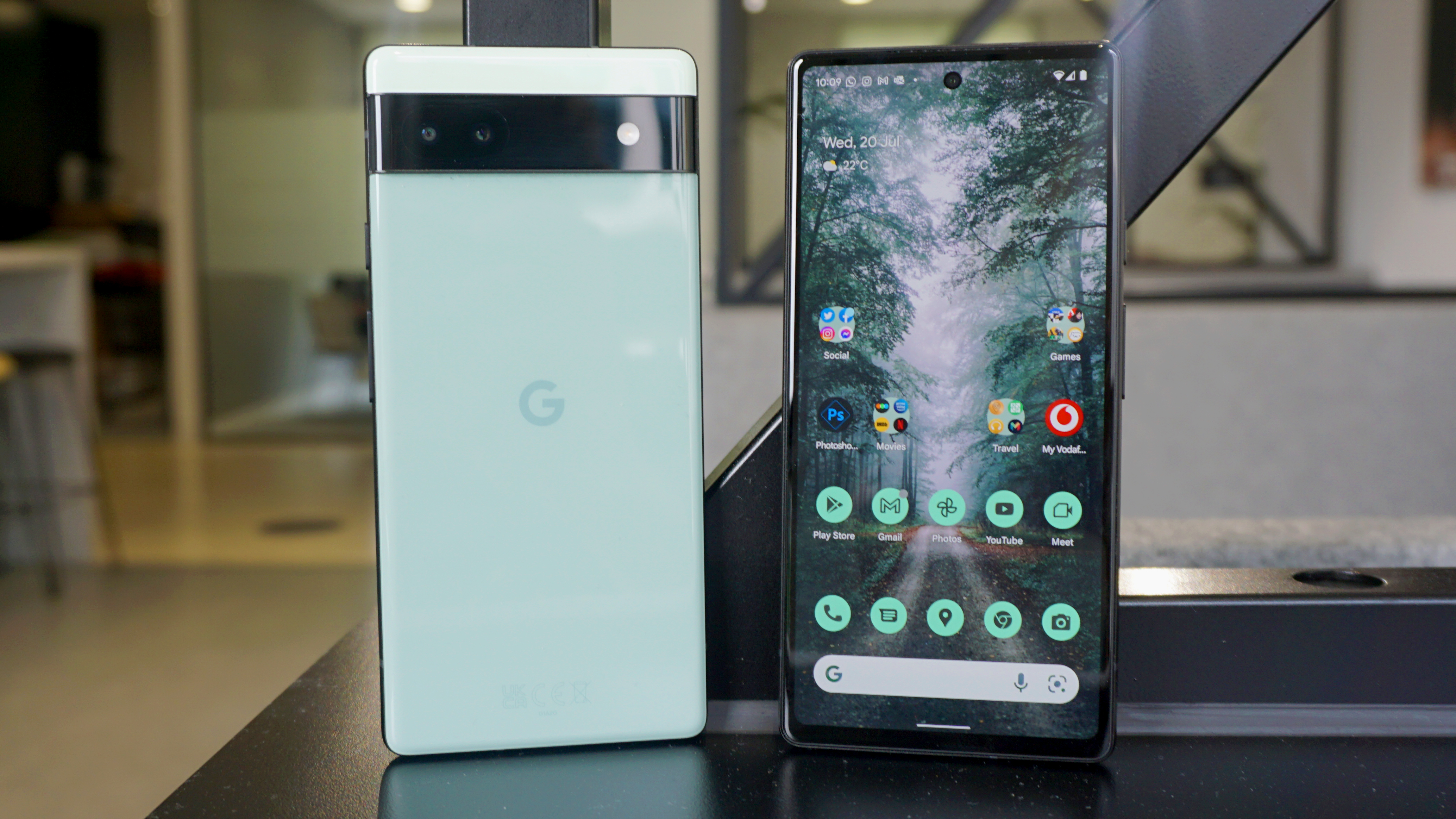
Of course, Google is large enough to weather a sales drop, especially in a category like smartphones which represents a tiny fraction of Google’s revenue. Still, why announce the new phone so early and cannibalize sales?
We’re expecting the Google Pixel 7 to go on sale in October, like the Pixel 6 before it. The Pixel 6 and Pixel 6 Pro were only 7 months into their first year of life when Google made them obsolete. It did so at the same time it launched a bargain version of the family, the somewhat disappointing Google Pixel 6a, effectively shutting the coffin lid on the still-warm Pixel 6.
There are a lot of different Pixel devices to consider, and if you're thinking about buying a Pixel device, you can read our complete comparison of each phone and recommendations for the best Pixel to buy.
Sign up for breaking news, reviews, opinion, top tech deals, and more.
Why would Google kill the Pixel 6 momentum?
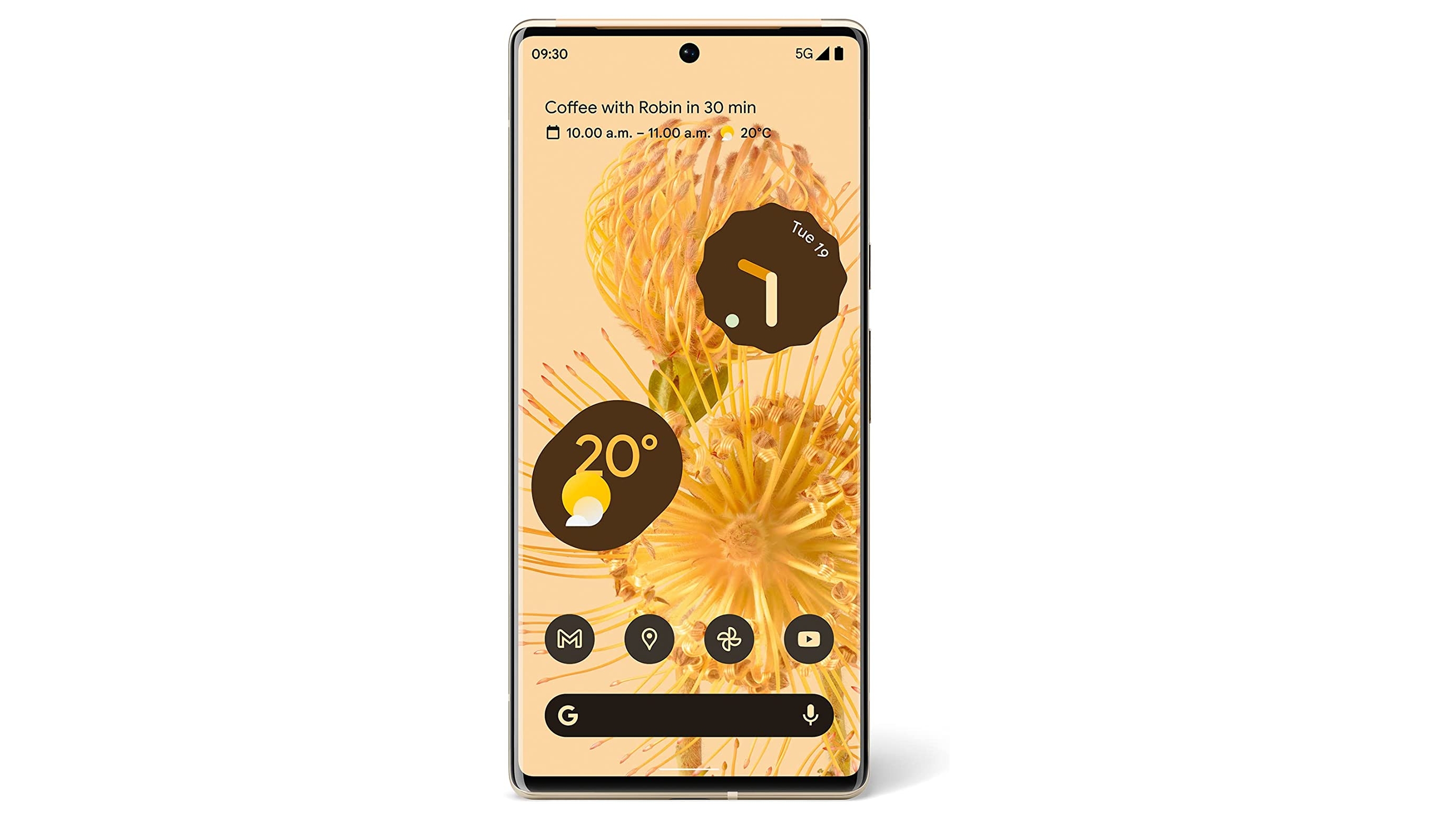
We can only speculate on this. There must not have been much momentum if there was not complete hesitation to announce the sequel devices, so perhaps Google already decided the Pixel 6 family was a sales flop, and it was better to focus on the new bargain Pixel 6a and build hype for the next big launch in the Autumn.
Recent Pixel 7 and Pixel 7 Pro leaks may paint a somewhat different picture. The specifications we’re seeing show a device that will be almost entirely similar to its predecessor. The camera sensors will use the same megapixel count. The screens will be nearly identical in size, resolution, and performance. Even the battery will be around the same size. The chipset will be new, the Google Tensor 2 platform instead of the original Google Tensor, but who knows what that means?
If Google is leaking boring hardware specs, that’s because the phone is going to be all about software
Now we’re faced with a new possibility. Google pre-announced the Pixel 7 and Pixel 7 Pro because, frankly, they don’t matter much. There isn’t much to talk about. If you have bad news, and boring news is the same as bad news to tech enthusiasts, you leak that news very early so the news cycle has time to digest it before it becomes truth.
Google announces a phone five months early, then slowly leaks out boring information until we know what to expect. The way phone grief works, is that by the time the Pixel 7 is actually here, we will be past the grief stage and will have moved on to acceptance. The hype-king iPhone 14 will be a month old. Samsung's exciting new Galaxy Z Flip 4 will be even older. Google isn’t trying to ride the wave of phone excitement, it is waiting for the wave to crash so it can have a smooth swim back to shore.
Google makes exciting software not hardware
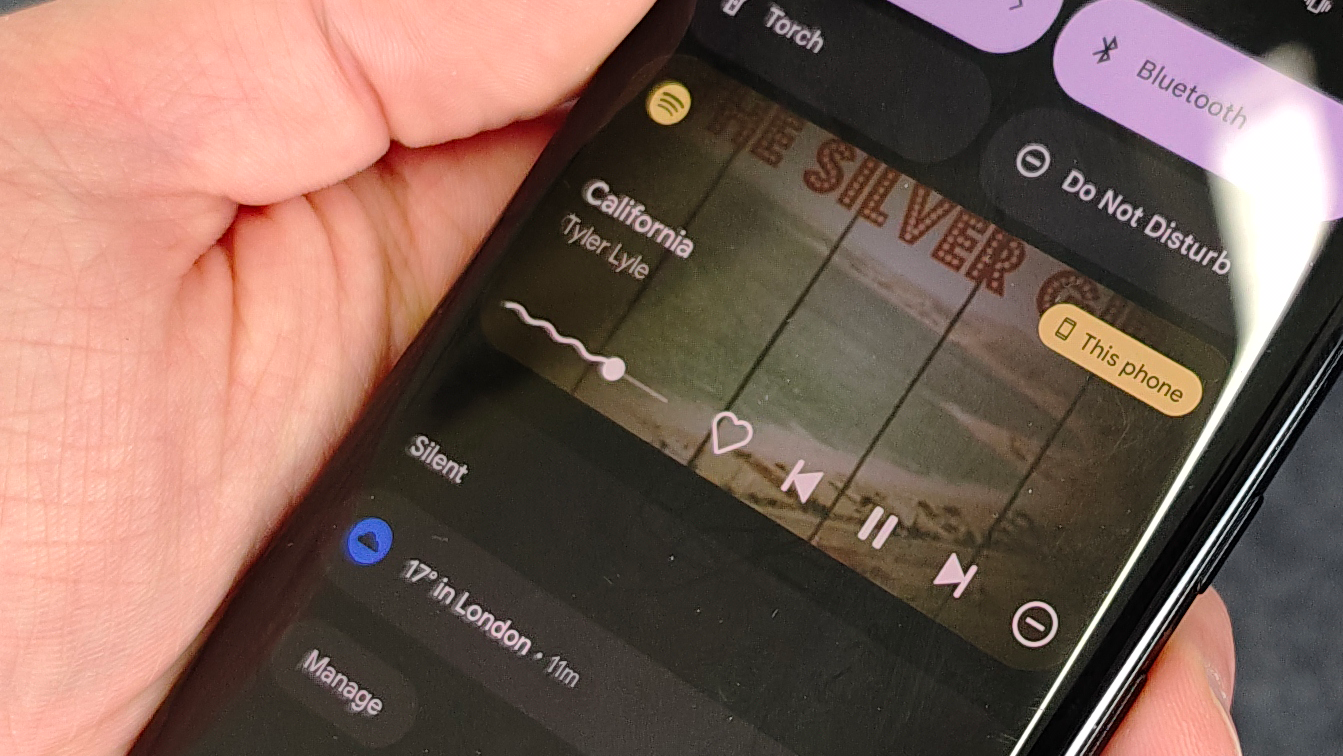
Do we really believe Google will launch a dull phone in October, and has been preparing us for boredom since the spring? No, of course not. Google is a software company. Its phones take great photos not because of the hardware they pack, but because of Google’s intelligent software backing it up. If Google is leaking boring hardware specs, that’s because the phone is going to be all about software.
The Google Tensor chipset moved much of Google’s AI computing from the cloud to the device itself. Features like voice recognition were greatly improved in speed and accuracy because the chip was made to handle Google’s intelligence. It stands to reason that a Tensor 2 chipset will not simply be an upgrade to the processing cores and a shrunken transistor size. We’d be wiser to expect more advanced AI features being added to the phone, with more intelligent processing being handled by a new Tensor chipset.
Google used the same 12MP sensor on its camera for years, and it kept improving image quality dramatically thanks to its image processing, to the point where the Pixel 6a with its 12MP shooter takes photos that are almost as good as the Pixel 6, which has a single 50MP sensor on back. Learning that the Pixel 7 will use the same camera as the Pixel 6 is no cause for concern. In fact, it may mean that Google is building on what it already does well, and that’s good for shutterbugs.
Another Ultra-possible reason the Pixel 7 is boring
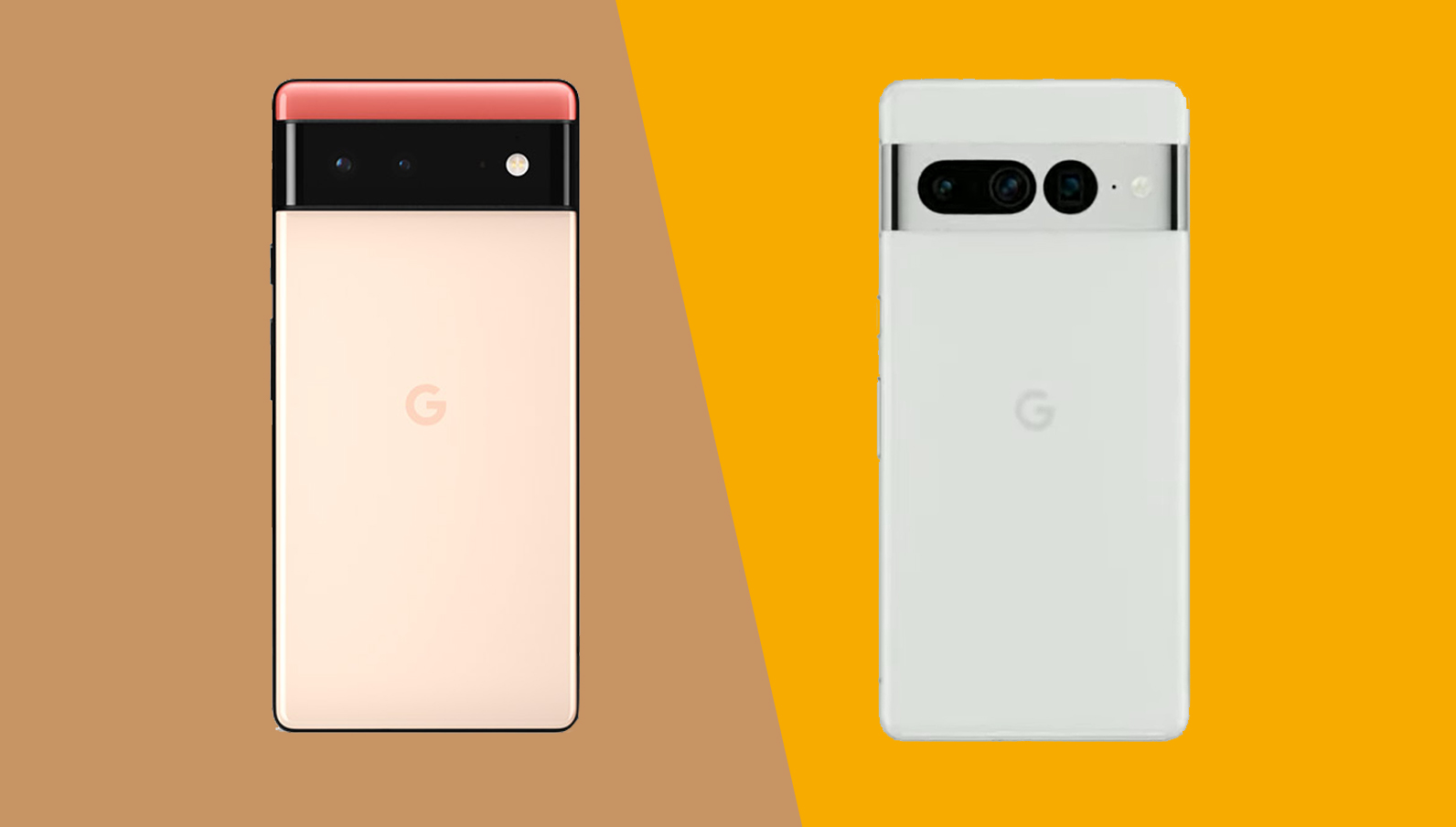
Another possible reason why the Pixel 7 and Pixel 7 Pro seem so underwhelming is that there is a third Pixel phone in the Pixel 7 family waiting in the wings. We may not see a Pixel 7 Ultra in October, but rumors suggest that Google is working on a superphone to place above its current flagship. We could see even further camera improvements, and perhaps other spec-boosting enhancements on this device.
There is even a rumor that Google is far along on a folding phone. Google has always been equivocal about the Pixel phone’s place in the phone world. Is it meant to be the most powerful device? The most capable device? The best device for the money? Why should buyers choose a Pixel over other phones on the market? That answer seemed to change every year as the phones went from powerful bargains to flagship-hunting beasts.
It is possible that the Pixel 7 Pro is simply being reshuffled as the midrange phone in Google’s lineup, with an Ultra phone and maybe even an aspirational folding device to show up later with more sky-high specs and a price tag to match.

Starting more than 20 years ago at eTown.com. Philip Berne has written for Engadget, The Verge, PC Mag, Digital Trends, Slashgear, TechRadar, AndroidCentral, and was Editor-in-Chief of the sadly-defunct infoSync. Phil holds an entirely useful M.A. in Cultural Theory from Carnegie Mellon University. He sang in numerous college a cappella groups.
Phil did a stint at Samsung Mobile, leading reviews for the PR team and writing crisis communications until he left in 2017. He worked at an Apple Store near Boston, MA, at the height of iPod popularity. Phil is certified in Google AI Essentials. His passion is the democratizing power of mobile technology. Before AI came along he was totally sure the next big thing would be something we wear on our faces.